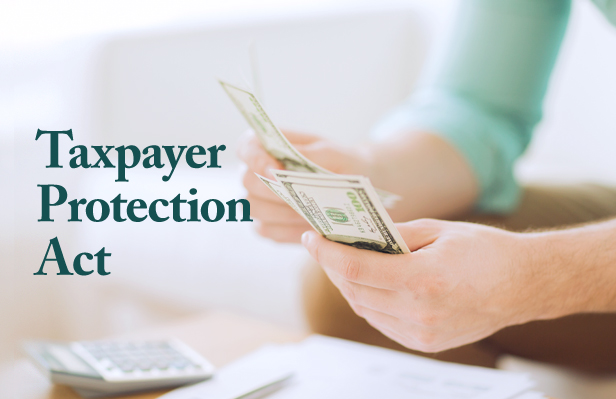Media

Committee Votes to Spend Smarter
Earlier this week, the House State Government Committee voted to tackle Pennsylvania’s spending problem. The committee advanced two pieces of legislation—HB 110 and HB 410. Both bills are sponsored by Rep. Ryan Warner.
HB 110 is a modified version of the Taxpayer Protection Act (TPA), which caps spending increases to the combined rate of inflation and population growth. Approval from three-fourths of the General Assembly would be necessary to authorize spending above this limit. HB 110 also prevents the legislature from circumventing the limit by explicitly prohibiting the transfer of tax dollars to funds outside the reach of the TPA.
Benchmarking government spending to the economy under the TPA is a critical part of restoring Pennsylvania’s fiscal health. As the chart below shows, total spending has risen in 46 of the last 47 years creating yearly budget challenges and a high tax burden.
Had the TPA been in place since 2003, taxpayers would have saved a cumulative $29.4 billion or $2,222 per family of four. And Pennsylvania would be ending the fiscal year with a $2 billion surplus. Instead, lawmakers are contemplating how to close a multi-billion-dollar budget deficit.
HB 110 would amend the state constitution, which means it needs to pass two consecutive legislative sessions and win approval from voters before becoming law.
HB 410, or performance-based budgeting (PBB) legislation, could be an essential tool to keep spending within the TPA limit or even reduce spending. The legislation requires an independent performance evaluation of state programs. Lawmakers and taxpayers can use these analyses to reform or eliminate ineffective programs. This would be a significant improvement from the current autopilot budgeting process.
To ensure performance-based evaluations are taken seriously, HB 410 could be strengthened. For example, any poor evaluation of a program could trigger its elimination unless lawmakers vote to reform it.
At the beginning of this year, state officials spoke in favor of redesigning or reimagining government—and we’ve proposed ways to accomplish those goals. Now is the time to act on those convictions and advance reforms—like TPA and PBB—to balance Pennsylvania’s budget without tax hikes.